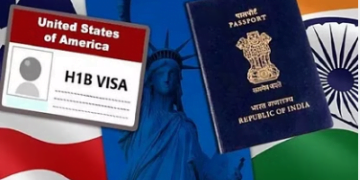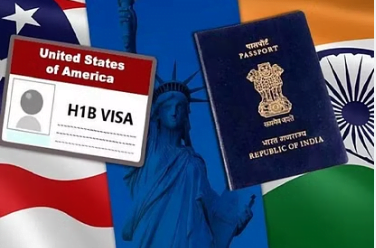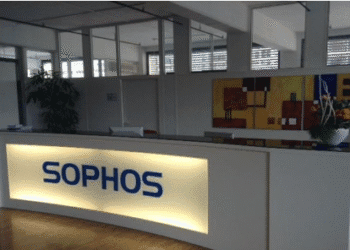DBT Bureau
Bengaluru, 24 June 2024
Starting next month, the United States Citizenship and Immigration Services (USCIS) is all set to announce changes to the current H1B visa regulations. Scheduled to be released on July 8, the proposed changes include the introduction of a $4,000 fee for extending H1B visas and $4,500 fee for extending L1 visas.
India IT industry a major beneficiary of H1B & L1 visas:
The H-1B visa is a non-immigrant visa that allows US companies to employ foreign workers in specialty occupations like the technology industry. Global technology firms including Google, Apple, Microsoft, and others widely use this option to hire thousands of high-skilled engineers each year from countries like India. Indian IT companies are also major beneficiaries of this visa scheme as they send engineers to onshore locations like the US to execute project work on client sites.
Indian IT firms have always tapped this route to send Indian engineers to the US client locations. However, with tightening regulations over the years, the reliance of Indian IT services companies on H1B visas has come down drastically. Data from the National Foundation for American Policy (NFAP) recently showed that the approved H-1B visa petitions for initial employment in the US from the seven leading Indian IT companies fell from 15,166 in fiscal 2015 to 6,732 in 2023. This was majorly driven by Indian IT firms’ aggressive localization efforts and investment in the US centres. However, analysts are of the opinion that the reliance will continue though at a low rate.
Similarly, the L1 visa is another work permit issued by the US administration that allows IT firms to transfer employees from an Indian or international office to a US office.
More stringent norms in the offing:
The proposed visa norms have many contentious clauses. For instance, the redefinition of specialty occupations will require that job roles necessitate specific degrees closely tied to the job’s specific requirements. If this becomes the rule, individuals with degrees in business administration might be categorised as holding a ‘general degree,’. Moreover, the US administration is also mulling to impose substantial fees on employers for H1B and L1 visa extensions, especially targeting companies with over 50% of their workforce on these visas.
Potential impact:
If these proposed regulations are approved, Indian IT firms, especially mid-tier IT companies are likely to be impacted the most. More costs for extension will increase the expenses for all companies. Similarly, the evaluation of specialty occupations may delay the approval process. All-in-all, the Indian IT industry has been aggressively hiring local people in the US to minimize the impact of work visa norm changes. However, changes to the immigration work visa rule will be seen as a negative for the whole sector.





















